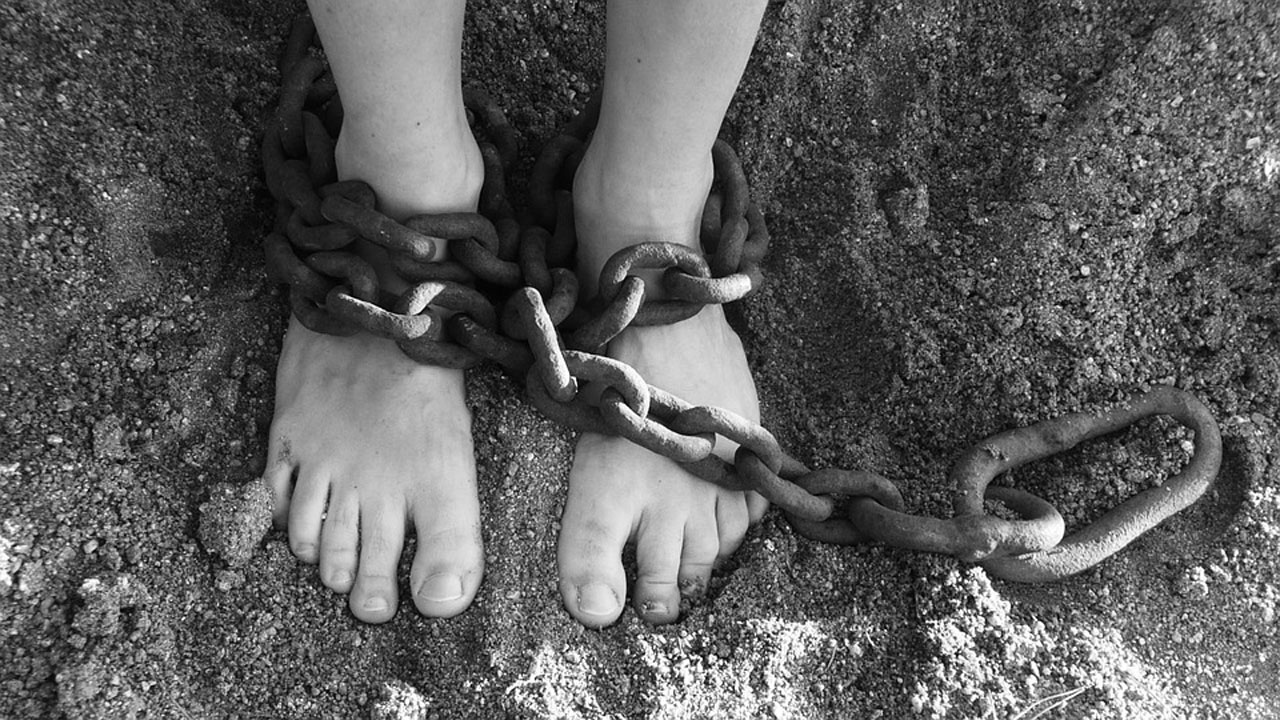
As the 21st World Day Against Death Penalty holds today, Human Rights Law Service (HURILAWS) and The Inclusion Project (TIP) have called on government to undertake comprehensive prison reforms, as well as end torture and death penalty.
In a statement by Legal Director of HURILAWS, Collins Okeke and Legal Director of TIP, Pamela Okoroigwe, the groups stated that the 1999 Constitution (as amended) guarantees the right to life and respect for dignity of human being, including the right not to be subjected to torture.
They urged: “The following language must be used by the judge, while delivering the death penalty under our legal system: The sentence of the court upon you is that you be hanged by the neck until you are dead, and may the Lord have mercy on your soul. While a judge must formally rule on this following a conviction for a capital offence, the law compels the governor to execute the sentence or order its commutation to life in prison, another prison term, or a pardon at the recommendation of the Advisory Council on the Prerogative of Mercy.”
The bodies lamented that in practice, since May 29, 1999, most state governors have failed, refused and avoided signing warrants of execution.
The duo went on: “The result is that death sentences are handed down by the courts and are not carried out. According to data made available by the Nigerian Correctional Service, 3,298 persons are known to be under death sentences as of April 2023. For many of these death row prisoners, conditions are traumatic, harsh and dehumanising. Most death row cells are seven by eight feet, shared by three to five people, the cells are dark, and with hardly any ventilation.
Prisoners use buckets as toilets, and sleep on bare floors. The average period spent on death row by prison inmates in Nigeria is between 10 and15 years. Many death row prisoners have developed mental illness during their long stay in prison, and on death row.”



